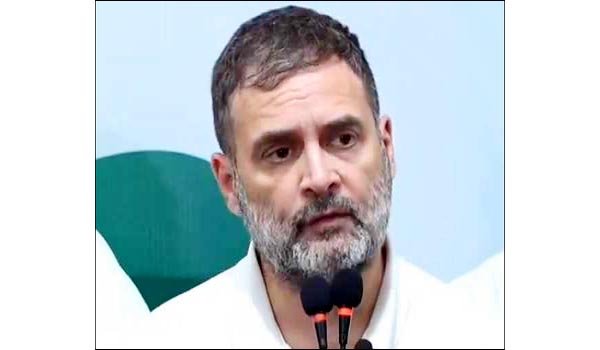New Delhi, Jul 22 (UNI) The Supreme Court today refused to transfer a writ petition challenging the Waqf Act, 1995, which is currently pending before the Delhi High Court, while expressing concern over the growing trend of filing petitions merely for publicity.
A bench comprising Chief Justice of India (CJI) B.R. Gavai, Justice K. Vinod Chandran, and Justice N.V. Anjaria was hearing a transfer plea seeking to move the writ petition challenging the Waqf Act from the High Court to the apex court.
At the outset, CJI Gavai noted that the issue is already being considered by the Supreme Court, and the then CJI Sanjiv Khanna had set clear timelines for admitting writ petitions on the subject to avoid repetitive litigation. The bench led by CJI Khanna had, however, allowed fresh petitioners to file interventions in the pending batch of 11 petitions.
“The issue is already pending before this Court. Why do you want more petitions?” CJI Gavai asked.
During the hearing, the bench voiced concern over petitions being filed for media attention, referring to recent discussions in court about the influence of “media narratives” on judicial proceedings.
“What is the hurry to rush to the Court? Only after seeing the newspapers. Petitions are nowadays being filed only for newspapers… and what was the Solicitor General referring to the other day? Some YouTube channels,” CJI Gavai remarked.
The petitioner contended that the matter concerns vast public land holdings under waqf boards, but the CJI responded, “See, whatever we decide in that matter will cover the others. If you want, you can file an intervention in that.”
Ultimately, the bench declined to entertain the transfer petition and ordered, “We are not inclined to entertain the prayer.”
The writ petition before the Delhi High Court challenges the constitutional validity of Sections 4, 5, 6, 7, 8, 9, and 14 of the Waqf Act, 1995, as amended by the Waqf (Amendment) Act, 2025, on the grounds that these provisions are manifestly arbitrary, irrational, and violative of Articles 14, 15, 21, 25, and 27 of the Constitution.
A similar petition challenging the Waqf Act is already pending before the Supreme Court, tagged along with petitions challenging the 2025 Amendment Act.











